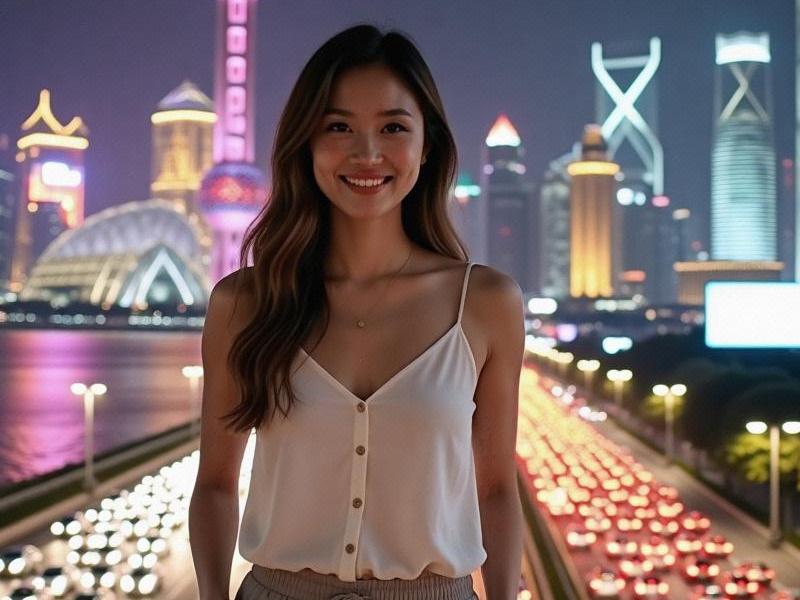This investigative feature examines how generations of Shanghainese women have shaped and been shaped by China's most cosmopolitan city, tracing their journey from traditional roles to becoming architects of Shanghai's modern identity.

Historical Foundations: From Qipao to Power Suits
Shanghai's feminine ideal has transformed dramatically across eras:
- 1920s "Modern Girls" who attended missionary schools (only 12% female literacy in 1919)
- 1930s screen sirens like Butterfly Wu challenging social norms
- Socialist era (1949-78) female factory workers ("Iron Girls") comprising 48% of workforce
- Post-reform (1978-) professionals navigating global capitalism
This unique trajectory created today's Shanghainese woman - equally versed in French literature as in stock market analysis.
Economic Architects
Shanghai women dominate key sectors:
- 51.3% of financial sector employees (vs. 42.1% nationally)
- 38% of tech startup founders in Zhangjiang High-Tech Park
上海龙凤论坛419 - 45% senior management in Fortune 500 China HQs
Groundbreaking figures include:
- Chen Luyu: First female CEO of Shanghai Stock Exchange-listed firm
- Zhang Xin: Real estate mogul transforming Pudong's skyline
- The "Bund Billionaires" - female hedge fund managers
Cultural Vanguards
Women lead Shanghai's creative renaissance:
- 62% of gallery owners in West Bund arts district
- 78% of Michelin-starred restaurant chefs (female-led kitchens)
- Dominance in contemporary Chinese literature circles
上海花千坊爱上海
Fashion Revolution
Shanghai's style evolution reflects social changes:
- 1930s qipao modernity → 1960s Mao suits → 1990s power dressing
- Current "New Shanghai Chic" blending traditional embroidery with streetwear
- Homegrown designers like Shushu/Tong gaining global recognition
Social Pioneers
Women drive progressive movements:
- "Pink Collar Union" advocating workplace equality
- "Silver Sisters" redefining aging with 50+ entrepreneurship
- "Green Angels" environmental initiative (65,000 members)
上海品茶网
Global Ambassadors
Shanghai-born women making international impact:
- Architect Ma Yansong's futuristic urban designs
- Artist Cao Fei's digital explorations
- Scientist Tu Youyou's Nobel-winning research
The Next Wave
Gen Z trends reshaping femininity:
- "Boss Babes" e-commerce collectives
- "Tech Femmes" coding bootcamp graduates
- "Culture Keepers" preserving Shanghainese dialect arts
As sociologist Dr. Wang Li observes: "Shanghai women don't follow trends - they crteeathe cultural weather." Their continued evolution offers a fascinating lens into China's balancing of tradition and modernity in the 21st century.